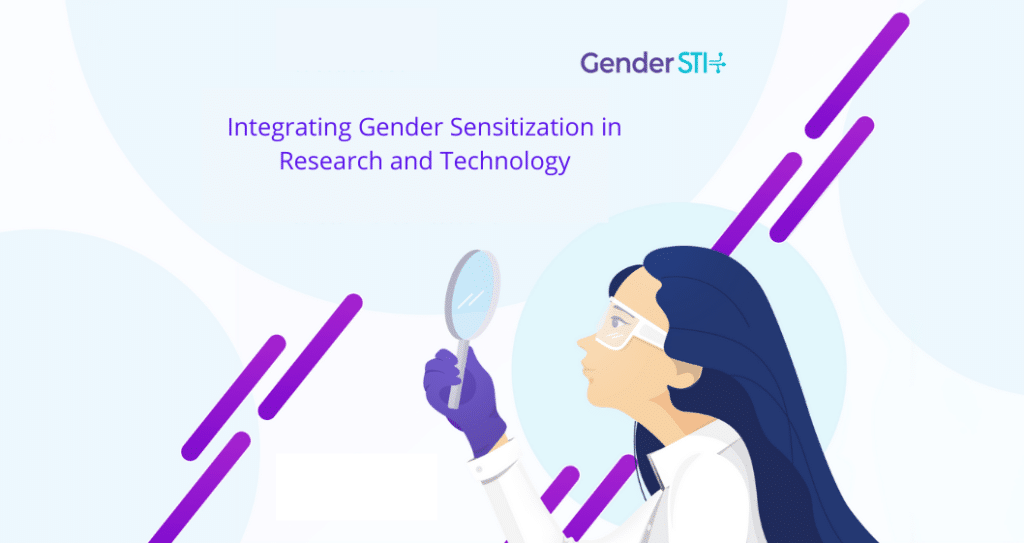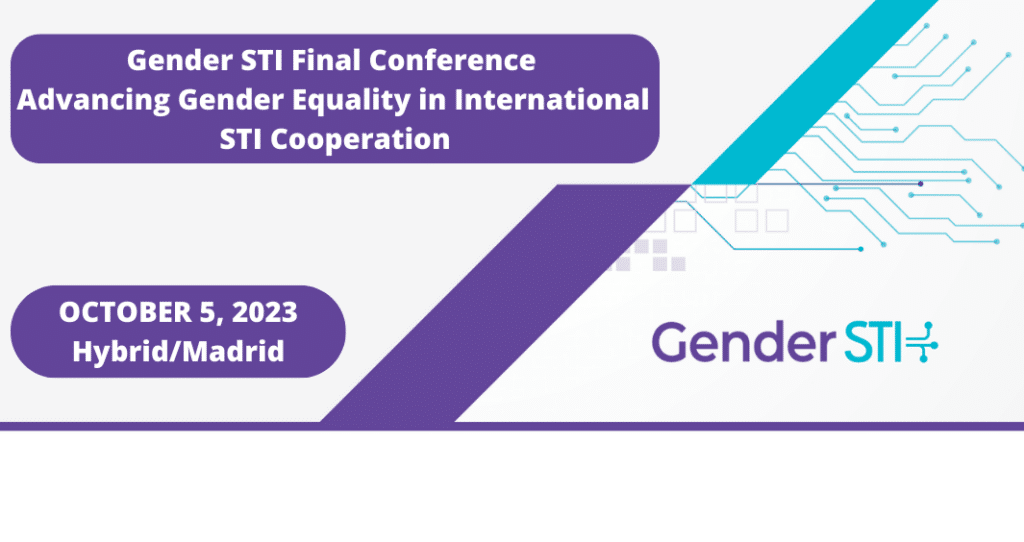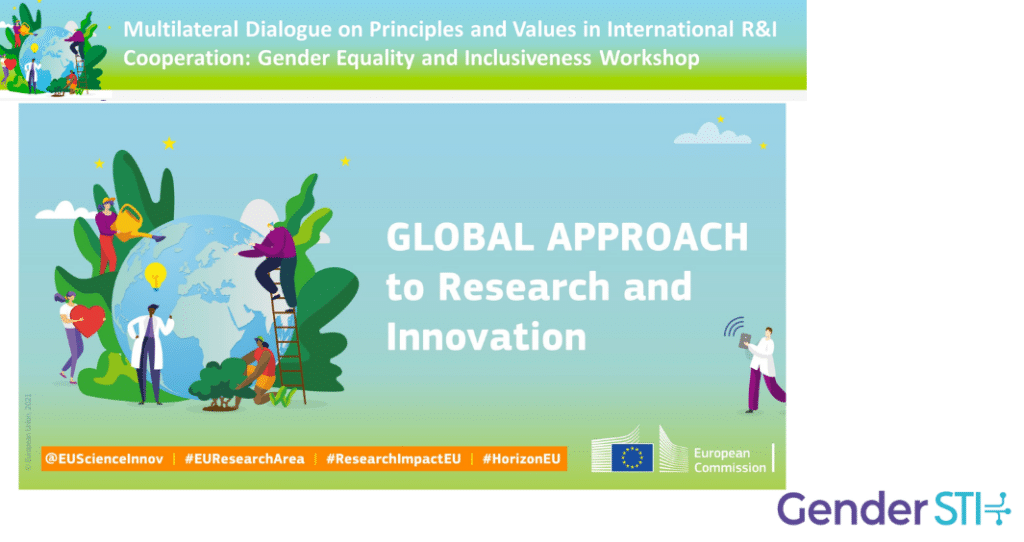This week, the world will celebrate the International Day of Women and Girls in Science on Feb. 11, which aims to promote full and equal access to and participation in science for women and girls. As part of this effort, Gender STI has launched its own #WomenInScience campaign. We talked to researchers and experts, both men and women, about why they got involved in science, what they think about current statistics on women researchers and what they think needs to be done to encourage more women and girls to pursue scientific careers.
The concept of the “leaky pipeline” is a big issue when talking about gender equality in science and academia. Women face many barriers in their educational journeys and in the workplace, which leads some of them to leave the field. Luckily, #WomenInScience have strong advocates like Anna Ginès i Fabrellas, associate professor at ESADE Law School and coordinator of the Equal4Europe project, who are fighting for gender equality in decision-making bodies and research institutions.
What is your job position and what science field do you work in? What does your job entail?
I am an Associate Professor of Labor Law at ESADE Law School (Universitat Ramon Llull, Barcelona). I have a bachelor’s in law and a bachelor’s in economics from Pompeu Fabra University, where I obtained my PhD in law. My job entails teaching and research. Regarding teaching, I teach labor law courses at bachelor and master level. And, regarding research, my field of research is law and, specifically, labor Law.
I am currently working on two fields of research. On the one hand, I am focusing my research on the impact of technology in the workplace and, specifically, AI systems and algorithms. In this regard, I am the leading investigator of the research project LABORAlgorithm funded by the Spanish Ministry of Science. And, on the other hand, my second line of research is the promotion of equality in the workplace and, specifically, in decision-making bodies and in research institutions.
Why did you decide to pursue a career in science, and specifically in your scientific field?
I decided to pursue a career in science because, after finishing my bachelor studies, I wanted to know more, and I wanted to contribute to our society knowing more. I wanted to dedicate my career to giving back and contributing to the generation of knowledge in the field of labor law as well as guarantee the protection of workers’ rights and the absence of discrimination in the workplace.
According to the United Nations, currently less than 30% of researchers worldwide are women. What do you think about that?
The leaky pipeline in academia is embarrassing at this point. In Europe, women represent 47% of PhDs but only 33% of researchers. And this gets worse when we go up the academic ladder, with women only representing 20% of full professorships, 22% of heads of institutions or 24% of top researchers. And this keeps going on year after year, also in the fields of social sciences where women represent the majority of bachelor students.
How can this be? Women are not pursuing these careers or are dropping out. With science and scientists mainly identified with male figures, a history specialized in hiding women’s scientific accomplishments and scientific careers full of obstacles practically incompatible with family and care responsibilities, women are metaphorically leaking through the cracks of the scientific pipeline.
What would you tell young girls and women who are interested in pursuing a career in science?
Girls and women, if you are interested in pursuing a career in science, go ahead, come in, do not give up. We need women in science; we need more women in science. The world is facing enormous challenges and we do not have the luxury of leaving anyone out. Can you imagine what we would have done without Marie Curie, Rosalind Franklin, Ada Lovelace or many others? Moreover, can you imagine all the knowledge we have lost because women were not allowed in science?
I do not even want to imagine all the knowledge, discoveries and innovations we will miss out on if women and girls like you decide not to pursue a career in science.
What message would you send to the public on the International Day of Women and Girls in Science?
We need women and girls in science. We need more women and girls in science. Not only because it is fair, not only because it is just, but because we need all the possible research and knowledge we can get. Equality, fairness, peace, health, poverty, climate emergency, labor rights, democracy… no field, no challenge, no scientific field can be without girls and women.



